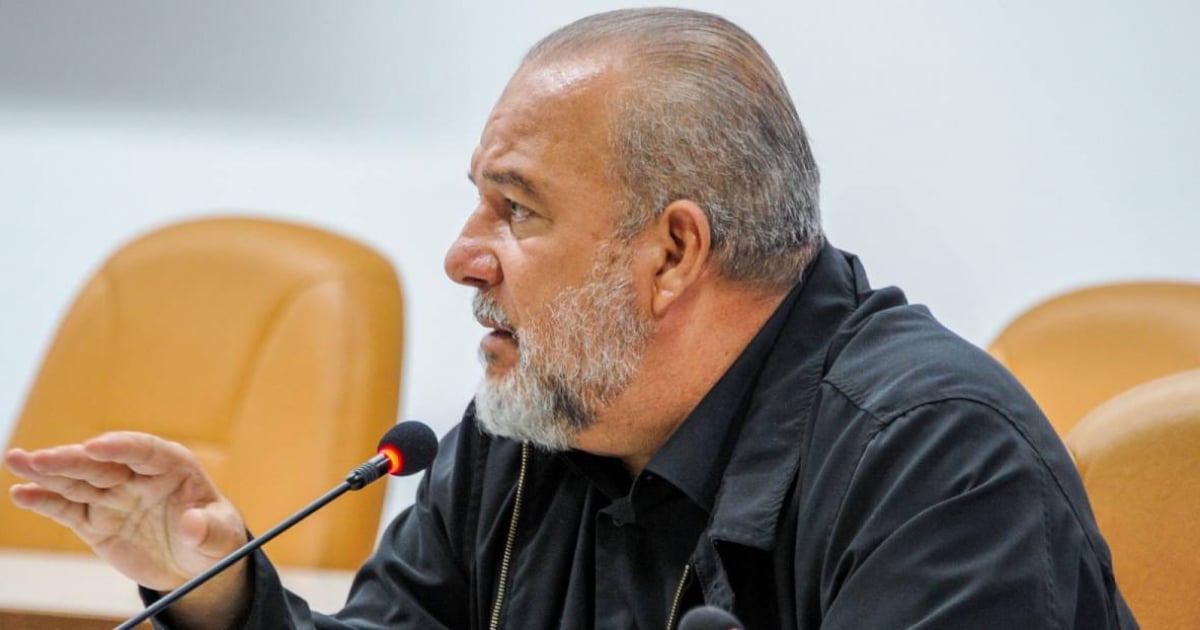The food shortage is hitting the Cuban population hard. During the annual review of the Ministry of Food Industry, Prime Minister Manuel Marrero Cruz admitted the lack of proteins in the Cuban diet, yet failed to propose effective solutions to address the crisis. "We need food, and above all, proteins," Marrero stated. He further remarked that "the safest food comes from national production," though he didn't acknowledge that state inefficiency has largely driven this food crisis in Cuba.
Currently, eight out of nine basic food items rely on imports. While Cubans lack rice and sugar at home, well-fed government officials, detached from the hardships faced by the people, blame the U.S. embargo for the crisis.
Promises of Increased Production Fall Short
Alberto López Díaz, the Minister of Food Industry, unveiled plans for 2025 aiming for a 26% increase in contributions to the state and a doubling of cooperative productions. However, these numbers don't reflect the everyday reality for Cubans. Bread has been reduced to 60 grams, and fishing meets only half of the nation's needs.
The review also urged for enhanced cultivation of shrimp, tilapia, and clarias, but without real investments or incentives, production remains stagnant or is allocated for export. Revenue from international sales isn't reflected in the domestic economy, leaving Cubans more impoverished.
Government Inaction and Misplaced Priorities
In Marrero's view, "importing coffee makes no sense," but the country should "plant more cacao" and stop its privatization, as "that is gold." Meanwhile, as the government debates investment priorities, state-run markets remain empty, and private sector food prices are unaffordable for most workers.
The regime insists on blaming external factors, but many experts warn the issue is internal. Decades of centralization, neglect, and lack of investment have led to a complete reliance on imports to feed the people.
In 2023, the government admitted to not fulfilling a promise made in 2019 to ensure five kilograms of animal protein per person monthly. By 2025, the situation is far worse than two years ago, with no meat, fish, or eggs on the tables of families across the island.
The official rhetoric starkly contrasts with the evident reality: food is scarce for most Cubans, but not for the elite running the country.
Understanding the Cuban Food Crisis
What is causing the food shortage in Cuba?
The food shortage in Cuba is largely due to state inefficiency, decades of centralization, and lack of investment, leading to a heavy reliance on imports. The government often blames external factors like the U.S. embargo, but many experts point to internal issues.
How is the Cuban government addressing the food crisis?
The government has promised to increase production and unveiled plans for the future, but these measures have not significantly improved the daily lives of Cubans. Many initiatives lack real investment and incentives, resulting in continued stagnation.
What are the implications of the food crisis for ordinary Cubans?
For ordinary Cubans, the food crisis means facing severe shortages of basic food items like meat, fish, and eggs, while state-run markets remain empty and private sector prices are out of reach for most.
